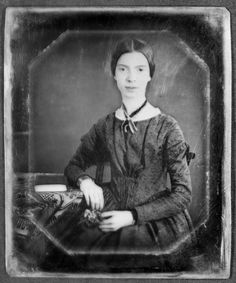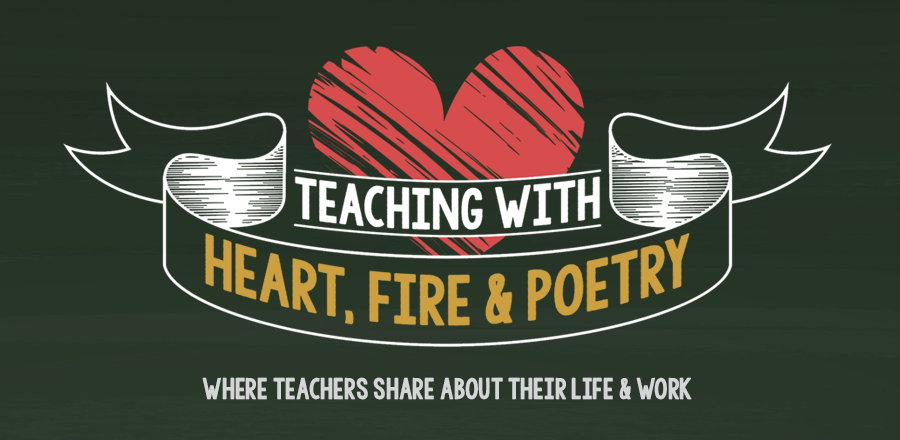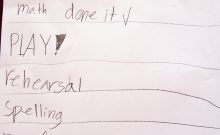 Today is Emily Dickinson’s birthday. So it is fitting to write a post in her honor – even more so, as she is a poet well loved by teachers.
Today is Emily Dickinson’s birthday. So it is fitting to write a post in her honor – even more so, as she is a poet well loved by teachers.
As we wrote in Teaching with Heart: “The poet most submitted by teachers was Emily Dickinson. She was known as the “solitary poet” because she rarely left her home in Amherst, MA, and almost never shared any of the nearly 1,800 poems she reportedly composed. While Emily embodies the cloistered artist working to her own quiet muse, there is irony to Dickinson being the most popular poet because this book and [teaching] represents a venture utterly communal in nature.” However that may be, her poems are often a source of inspiration for teachers – perhaps she would have seen this as a gift in return? If so, Happy Birthday Emily!
As Annette Breaux’s writes in her reflection in Teaching with Heart, Dickinson’s poem “led to a homework assignment, which led to a child’s good deed, which led to his mother’s hugs (desperately needed), which initiated the start of a healthier relationship between mother and child.”
If I can stop one Heart from breaking
If I can stop one Heart from breaking
I shall not live in vain
If I can ease one Life the Aching
Or cool one Pain
Or help one fainting Robin
Unto his Nest again
I shall not live in vain.
—Emily Dickinson
Annette Breaux’s Reflection:
Ever since my first day of teaching, I’ve displayed this poem in a simple frame on my desk. I try to live my life by its compelling call to action.
One day, I shared the poem with my seventh graders. A stirring discussion ensued. We talked about how it felt to help someone in need or perform random good deeds. I gave my students one simple assignment: “Do something nice for someone.”
The next day, they were eager to talk about their good deeds: helping an elderly grandparent, assisting a sibling with homework, doing extra chores around the house.
A week later, I received a letter from the mother of one of my students. She described how she had been at her wits’ end and had been thinking of sending her son, Thomas, to live with his father even though he lived far away from Thomas’s familiar surroundings and friends. But then Thomas came home and offered to help with dinner. After a bit, he told her about his homework assignment. She had hugged him, so grateful for his kind gesture. “Not only did he help with dinner, but he did the dishes afterward! Ever since, he’s like a different kid—so much nicer, so much more helpful. I can’t stop hugging him!”
A beautiful poem led to a homework assignment, which led to a child’s good deed, which led to his mother’s hugs (desperately needed), which initiated the start of a healthier relationship between mother and child. The poem still sits on my desk, but Thomas etched it on my heart.
—Annette Breaux
Author, speaker, and educator
Houma, Louisiana



Leave a Comment